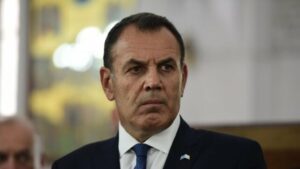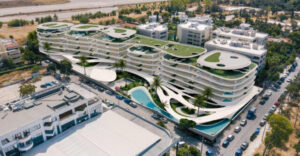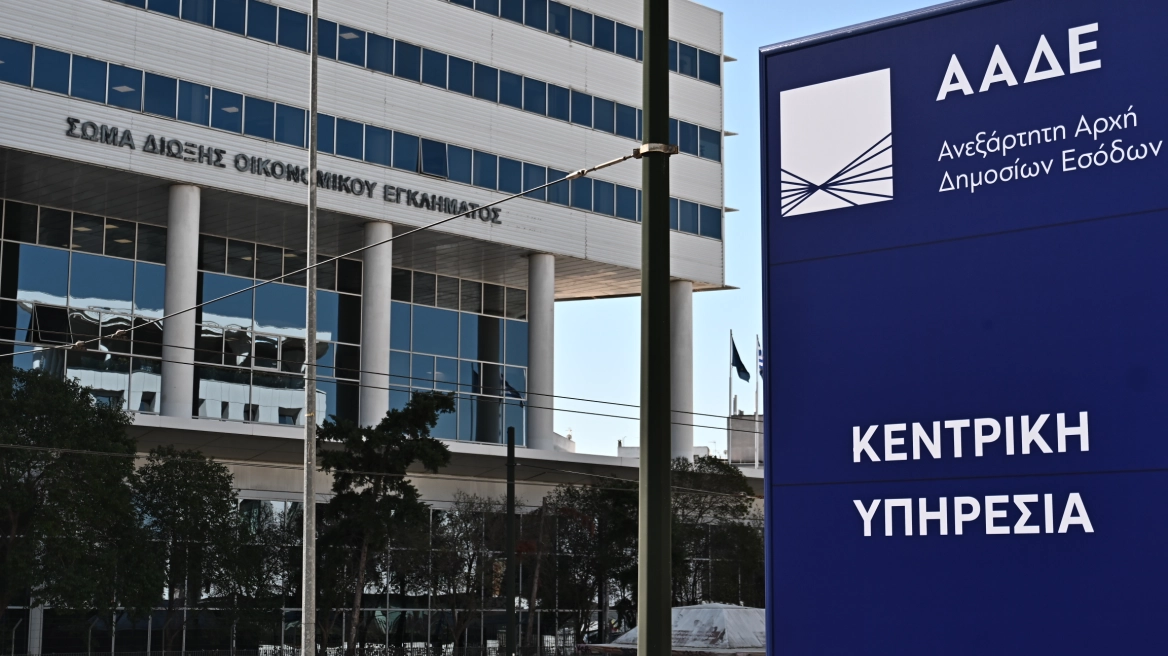The increased migratory flows from the South Aegean, cooperation with Türkiye, and the management of the migratory issue generally were among other things mentioned by the Minister of Immigration and Asylum, Nikos Panagiotopoulos, in a morning television interview.
“Yesterday, indeed, in the discussion in Parliament we saw the numbers that have come out from time to time and we estimate that somewhere around there (60%) the flows must be increased. We have never denied and I have never hidden to say that the flows are not increased this year for many reasons, “said the minister, clarifying. However, the increase is mainly in the South Aegean. He noted that flows in Evros are marginally down 5% and in the North Aegean are about the same as last year. “Where the flows are very increased is on the one hand from the South Aegean, in the Dodecanese region and of course the new element is Crete. Last year, I remind you, I said it yesterday in Parliament, seventy-seven illegal immigrants entered the whole of 2023. This year, so far it is around 2,700, so we have a dramatic increase. Of course, Crete is a different matter because you start the journey from the North African coast, Libya in the main, it is a much more dangerous journey than the short journey to cross the coast of Asia Minor to our islands, the Dodecanese, and it’s not every day, but it is done with larger waterways, larger ships, not safer of course, I would describe them as nutshells, so it’s a dangerous journey but as you understand it has a larger capacity,” he said.
On Türkiye’s stance, Panagiotopoulos noted: ” Türkiye signed an agreement with the European Union in 2016. Based on this agreement, returns to Türkiye are foreseen. Since the end of 2019 and after March 2020 and the known issues in Evros, it has completely stopped accepting returns and I think it is an issue that we need to look at again. At the beginning he had cited the covid that was breaking out at the time and therefore the inability to move fully, which meant an inability to make refunds. Europe has to see how to discuss, to put pressure on Türkiye again to start doing returns again, the returns will probably be done from Greece.” He also stressed that there must be cooperation on migration, especially in the fight against illegal trafficking rings, a topic he is going to discuss in his upcoming meeting with his Turkish counterpart Ali Yerlikaya.
The minister reiterated the long-standing Greek position “that the management of migration is not only a matter for each individual country, it is a European issue. Yesterday, the Prime Minister, in New York, said that global challenges require global solutions and I believe that migration is not only a European challenge, but a global challenge,” advocating a European solution to the problems in this area. In particular, he highlighted Germany’s attitude, arguing that it cannot create a huge issue. “I have said that mass returns are neither discussed on the table, but also technically, realistically that is, it is almost impossible to do, for the fact that tens of thousands where they have been in Germany, because all of them, or rather the vast majority of them, pass through Greece and other countries, to end up in Germany eventually, where there is a very generous system of benefits, social benefits, that is, which acts as a magnet. I expect that after recent political developments, Germany will change its policy somewhat and stop being such a magnet for global migration, either by cutting benefits or by various measures that will make it less attractive as a destination.”
Speaking about the rise of the far-right in Europe, he said that “the far-right and anti-systemic parties, in general, I think, give very oversimplified answers to very complex and complicated questions and so they easily caress ears and attract a part of the suspicious, suspicious or cautious public opinion hence their rise. The issue is much more complex and complicated and I think we should not forget that. Indeed, it is a problem and we all need to think about it very seriously and see what went wrong, what needs to be improved.”
Panagiotopoulos stressed that the Greek state is certainly much more prepared to manage the migration issue “because with European money and Greek effort it has organized a reception system that no European country has. I recall that a few years ago there was not even a Ministry of Migration, now there is. Greece’s reception and identification system, in order for asylum applications to be submitted to reception centres, is working. The criticism used to be that ‘you are going too slowly and you are trapping these people in your country’. Now the criticism has been reversed by European countries because they have a problem, “why are you guys going so fast, you’re pushing everyone towards us” they tell us.”
Ask me anything
Explore related questions





